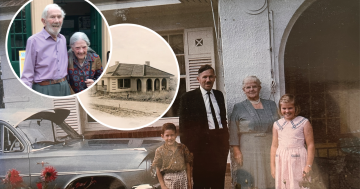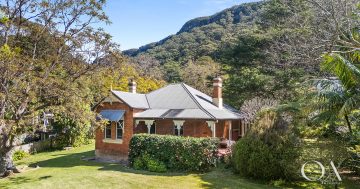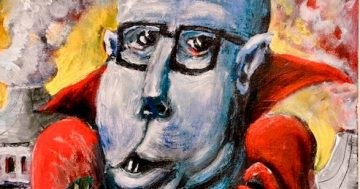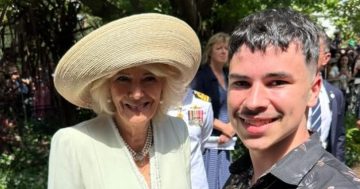Reviewed by Robert Goodman.
By Robert Drew, Penguin.
 Robert Drew is one of the great chroniclers of the Australian history and the Australian condition with previous works like The Drowner, The Bodysurfers and Our Sunshine. In Whipbird he takes on the large chunk of recent Australian history and the Australian experience. Based around a family reunion of the descendants of a 15 year old Irish immigrant to Australia in the 1850s, Drew ranges his authorial eye across what Australia has become in the early twenty first century and in some respects how we have arrived here.
Robert Drew is one of the great chroniclers of the Australian history and the Australian condition with previous works like The Drowner, The Bodysurfers and Our Sunshine. In Whipbird he takes on the large chunk of recent Australian history and the Australian experience. Based around a family reunion of the descendants of a 15 year old Irish immigrant to Australia in the 1850s, Drew ranges his authorial eye across what Australia has become in the early twenty first century and in some respects how we have arrived here.
The Whipbird of the title is a new hobby vineyard, owned by barrister Hugh Cleary and venue for the Cleary family reunion. As the various branches of the family arrive – 1193 out of 2946 possible descendants of the original Conor Cleary – they are given different coloured t-shirts to identify their ancestry and Drew starts to wander among them, the point of view shifting between various family members. Drew focusses in particular on Hugh, his father Mick, brother Simon and sister Thea but also has time for plenty of other side branches of the family.
Drew uses his characters to highlight and gently satirise different aspects of the Australian experience. Most of the characters, while not two dimensional as such, stand for something or are used as exemplars of particular types of Australians. Mick was the local bank manager until banking become more corporatised, his cousin Doug leading the charge. Simon was a rock star, now drug addled and with a condition that makes him think he has already died. After a life changing experience, Thea joined Medicines Sans Frontiers. Ancestor Conor, who also gets a voice through a little authorial magic, was caught up in the Eureka Stockade, one of the defining myths of Australian history but not in the heroic way his family like to think.
Drew’s razor sharp narrative throws an often acerbic light on Australia and its concept of itself. For example, this observation by Thea:
Think of a place as far away from Australia as possible, a different hemisphere with no gripe with us whatsoever, all in all a dubious proposition for an enemy and we’ll send our soldiers there without a quibble.
Or this from Mick about the decline of the banks:
The first treacherous action of the jeans-and-sneakers boys was to slash the word “Savings” from the bank’s name… It was all about shedding the time-wasting, coin-collecting tellers who emptied those quaint money boxes. And preventing little old ladies from coming in on pension day for a time-wasting chat about their savings books and their cats and their two-dollar weekly deposits.
While there is plenty of wry and cutting observation there is not much plot in Whipbird. What plot there is, kicking in about two thirds of the way through, quickly descends into a kind of old-school British-style farce. The action becomes a cascade of increasingly unbelievable setbacks for Hugh in particular. By the end it almost feels like Drew has it in for Hugh Cleary but for no apparent reason.
Drew has plenty to say about where Australia is today how we ended up here. And all this is wrapped up in an enjoyable package of a slightly chaotic but instantly recognisable family reunion. In the end, Whipbird may not the Great Australian Novel but is a thought provoking, sometimes laugh-out-loud, engaging Australian novel.
This review and plenty of others can be found on www.pilebythebed.com. For regular reviews and book news like the Pile by the Bed Facebook page or follow on Twitter @pilebythebed.











